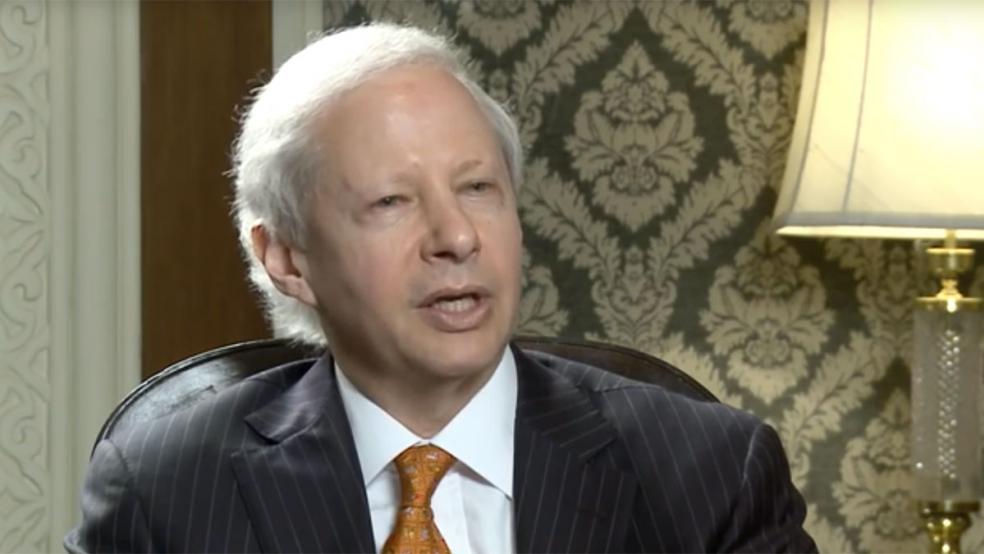President Trump, who has promised to utterly reshape the United States’ economic relationship with the rest of the world, has named the man who will be the public face of that change for many of the country’s top partners and allies.
The Wall Street Journal reported early Tuesday that Kenneth I. Juster, a managing partner with the private equity firm Warburg Pincus, has been named deputy assistant to the president for international economic affairs. He will fill a policymaking position with responsibilities that extend across multiple federal departments and agencies, including the departments of State, Treasury and Commerce, and the Office of the United States Trade Representative.
Related: It Looks Like Trump Is Serious About Starting a Trade War With China
Juster will also be in charge of managing the White House’s relationship with key international bodies, including the Group of Seven, made up of the largest industrialized economies, and the G20, made up of the 20 largest economies in the world. That by itself will be a challenging role given Trump’s intention to radically rewrite trade policy.
Further, Juster will have to navigate a Trump administration in which some traditional roles have been scrambled, particularly when it comes to issues of international trade.
Juster brings considerable experience to the role. A Harvard-trained lawyer, he has served multiple stints in the federal government, including several years as deputy and senior adviser to Deputy Secretary of State Lawrence S. Eagleburger in the final years of the George H. W. Bush administration. He returned to government service in 2001, serving in the first term of the George W. Bush administration as an undersecretary of Commerce in charge of the Bureau of Industry and Security, which overseas export control and trade-related treaty compliance, among other things.
After leaving the government, he worked as a senior executive at the software firm Salesforce until joining Warburg Pincus in 2010.
Related: Democrats Block Trump at Their Peril as Labor Climbs Aboard Trump Train
Juster will enter a White House that from an international trade perspective looks different from those he may have been familiar with in the past. President Trump has promised to tear up multilateral trade deals, both long-standing agreements like the North American Free Trade Agreement and others that have not even been ratified, like the Trans-Pacific Partnership, which he effectively killed shortly after taking office.
The administration has said that the president believes the U.S. ought to negotiate trade deals country by country, because he believes that maximizes the leverage the White House has to extract the best possible terms for the country.
In addition, Trump has set up a structure in the White House in which the traditional duties of the USTR have been thinned out somewhat. For example, incoming Commerce Secretary Wilbur Ross is expected to play a larger-than-normal role in setting trade policy.
Trump has also created an entirely new entity in the West Wing, the National Trade Council, and has named University of California-Irvine economist Peter Navarro to run it. When the creation of the council was announced, transition team members suggested it would occupy status similar to the National Security Council in Trump’s hierarchy of advisors.
Related: Trump v. Truth: How Will the New Administration Make Policy?
Officials said that the mission of the National Trade Council would be to work “collaboratively and synergistically with the National Security Council, the National Economic Council, and the Domestic Policy Council to fulfill the President’s vision of peace and prosperity through military and economic strength” and to “think strategically about the health of America’s defense industrial base and the role of trade and manufacturing in national security.”
If Juster finds himself parachuting into uncertainty, it won’t be the first time. In addition to his work in the private sector, he has been very active working on economic development and civil society promotion in the developing world and in post-communist Eastern Europe.
David Kramer, president of Freedom House, said Juster “has great personal integrity and character, a wealth of knowledge ... and a proven track record of leadership.”





